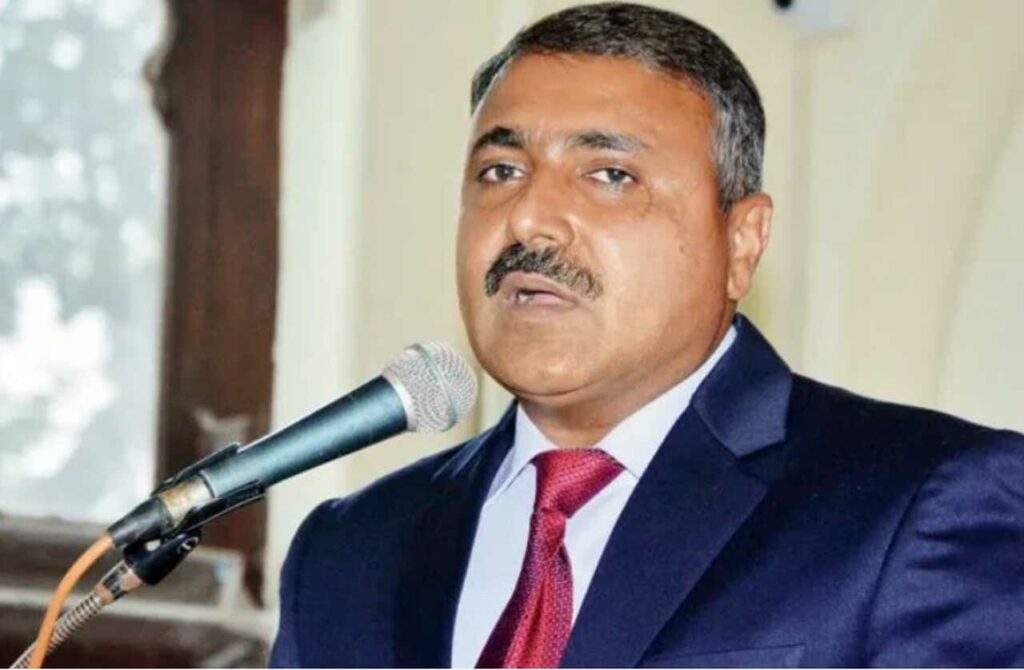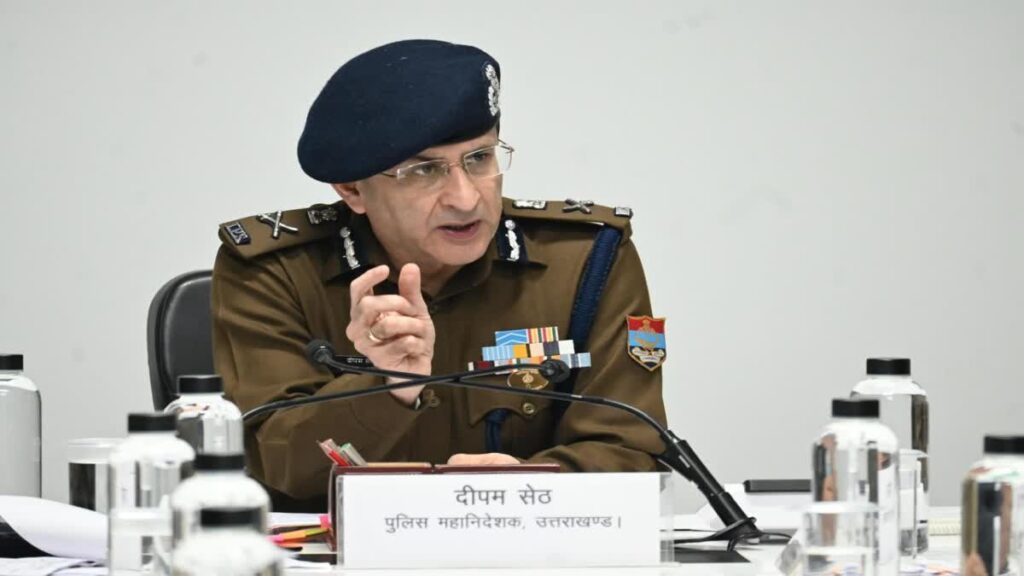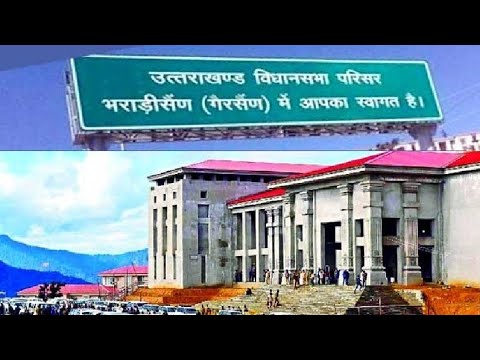Dehradun: While the situation of Kovid-19 is under control across the country at this time, the situation regarding infection in Uttarakhand is also completely normal. Despite this, the state government is not in the mood to take any kind of laxity. In view of prevention and vigilance against potential risks, the Health Department has issued a special advisory. Health Secretary Dr. R. Rajesh Kumar said that this detailed guideline has been issued as per the instructions of Chief Minister Pushkar Singh Dhami and Health Minister Dr. Dhan Singh Rawat. Under this, instructions have been given to further strengthen the monitoring system in all the districts, keep the necessary resources and arrangements in the hospitals and effectively implement the measures to prevent infection.
Health Secretary Dr. R. Rajesh Kumar has clarified that “At present the situation regarding Kovid in the state is completely normal, but we have to be fully prepared for any possible risk.” In this sequence, health facilities, equipment and human resources have been kept in active mode across the state. The Health Secretary said that at present, the Government of India has not declared any danger situation regarding Kovid-19. Nor is any new variant spreading actively. Only minor symptoms are being found in the infected and they are recovering at home with normal treatment. Still, the state is fully alert and prepared to deal with potential threats.
Special instructions given to the districts
Health Secretary Dr. R. Rajesh Kumar said that, asked to keep oxygen, medicines and equipment fully operational. The Health Department has directed all the District Magistrates, Chief Medical Officers, Principals of Medical Colleges and Chief Medical Superintendents to ensure the availability of adequate beds in hospitals. Oxygen supply, essential medicines and equipment like ventilators, BiPAP machines, oxygen concentrators and PSA oxygen plants should be in fully functional condition.
Emphasis on strengthening the monitoring system
The Secretary has also given instructions to further strengthen the monitoring system. Under this, mandatory reporting of Influenza-like symptoms (ILI), Severe Acute Respiratory Infection (SARI) and COVID cases should be done. All government and private health institutions and labs should upload reports on the IHIP portal daily. Testing should be done as per ICMR’s COVID-19 testing guidelines. The number of SARI and ILI cases should be increased and testing of all SARI cases should be mandatory.
Timely identification of new variants
Health Secretary Dr. R. Rajesh Kumar said that all COVID positive samples should be sent for WGS (Whole Genome Sequencing) so that possible new variants can be identified in time. Refresher training should be conducted for the staff engaged in COVID management and a daily status report should be sent to the state.
Vigilance and public cooperation
The Health Secretary appealed to all citizens to avoid rumors, behave like responsible citizens and fully follow the guidelines issued by the Health Department. Only with vigilance and cooperation can we remain safe from diseases like COVID in future too. Nodal officer appointed for media coordination
The Medical Health Department has appointed officers at the state level for all media coordination activities related to COVID-19. Dr. Pankaj Kumar Singh, Assistant Director (IDSP-State Surveillance Officer) has been nominated as the nodal officer for COVID-19 media coordination. To assist him, Dr. Saurabh Singh, Assistant Director (IDSP, NHM), has been appointed as co-in-charge. The government has clarified that no additional allowance will be payable to both the officers for this work. It has been directed at the departmental level to ensure compliance with the said orders.
What to do and what not to do
The Health Department has asked to run a special campaign with the aim of increasing awareness among the general public about COVID-19. Under this, people will be given information about ‘Do’s and Don’ts’.
What to do (Do’s):
Cover nose and mouth with handkerchief/tissue while sneezing or coughing.
Avoid going to crowded places.
Keep washing hands thoroughly with soap and water.
Take adequate amount of water and nutritious food.
Consult a doctor if you have symptoms like cough and fever.
Wear a mask if you have symptoms and keep distance from others.
Take special care of elderly and sick people.
Don’ts:
Do not reuse used tissues or handkerchiefs.
Avoid shaking hands.
Keep distance from people with symptoms.
Do not take medicine without doctor’s advice.
Do not touch eyes, nose and mouth repeatedly.
Avoid spitting in public places.








